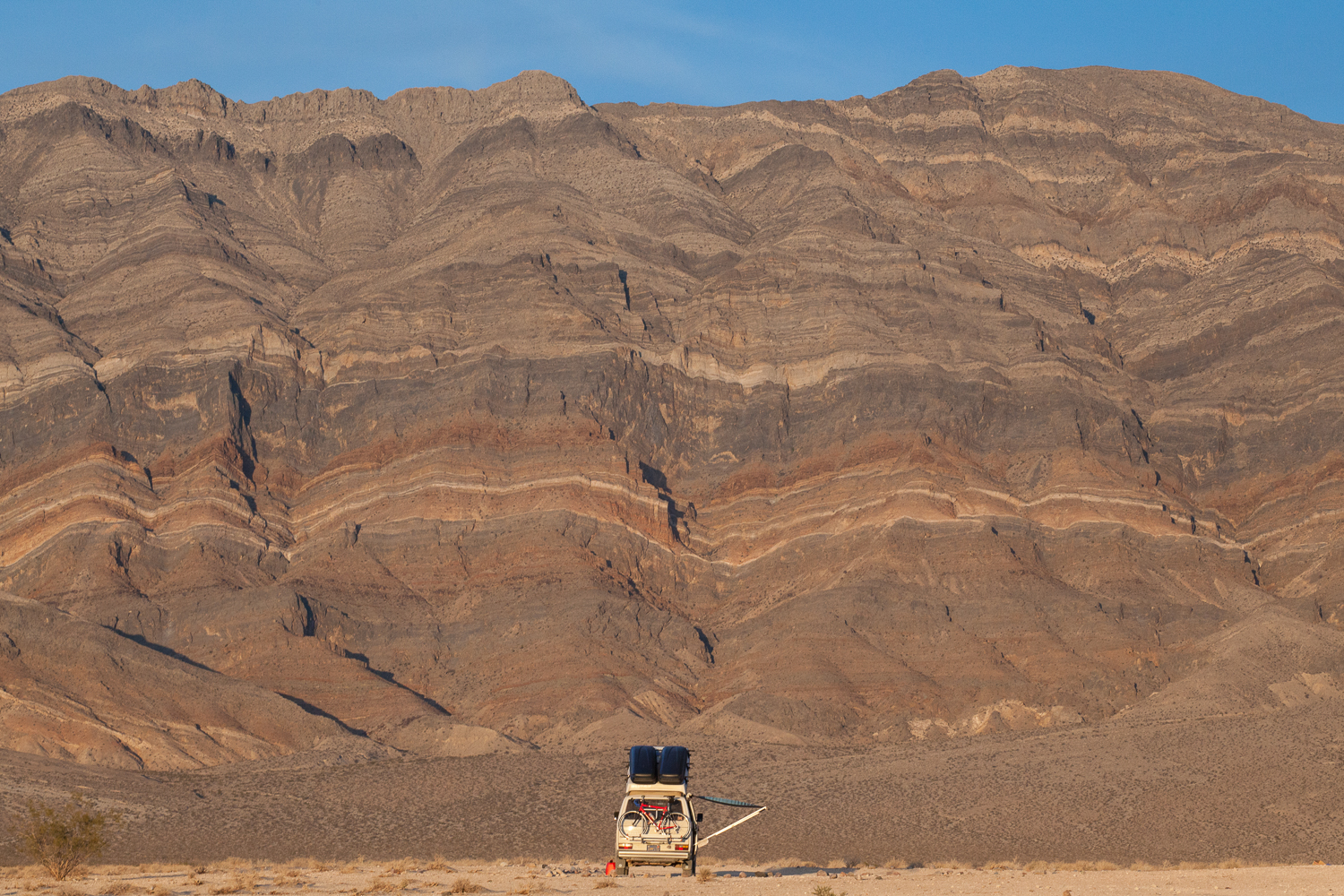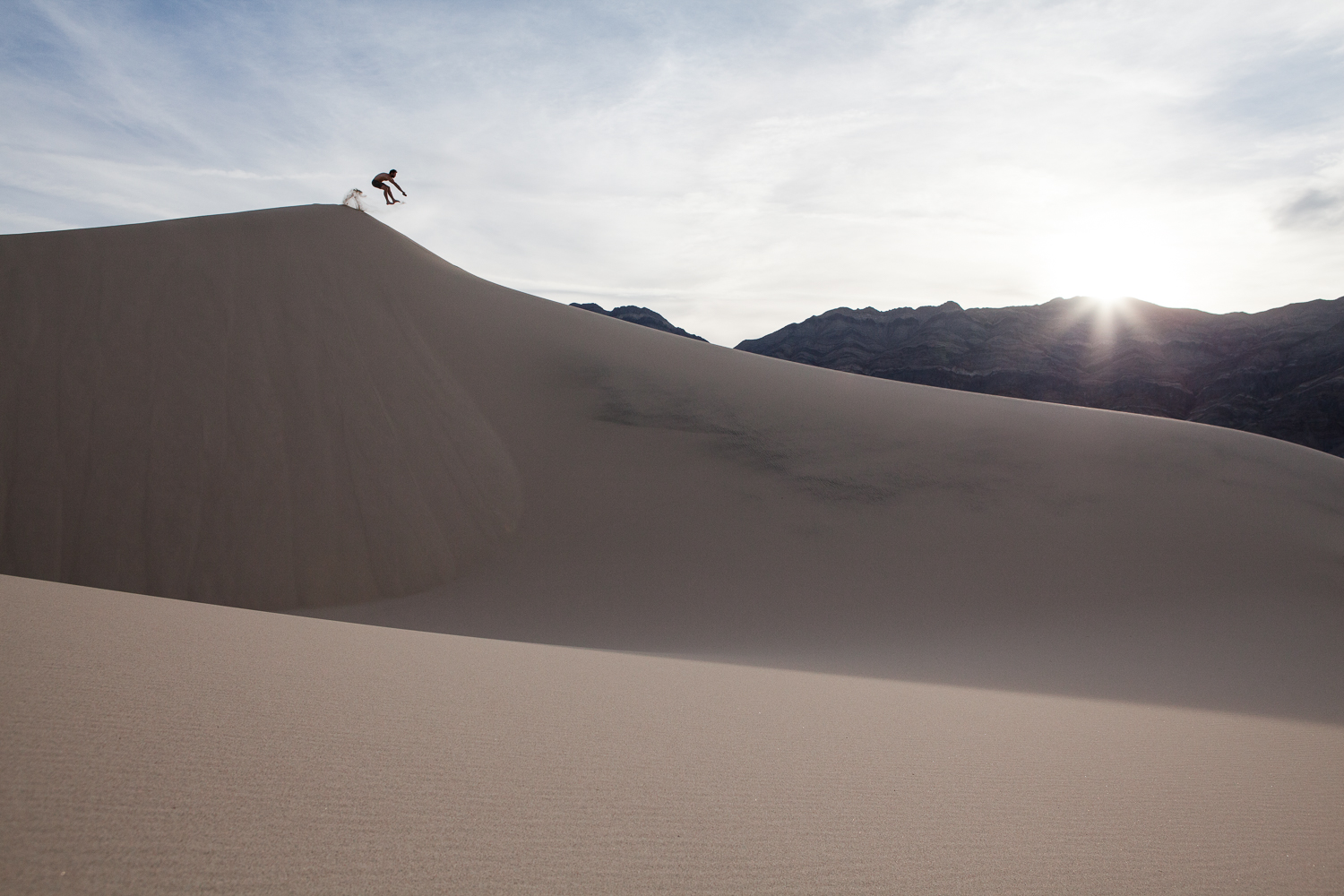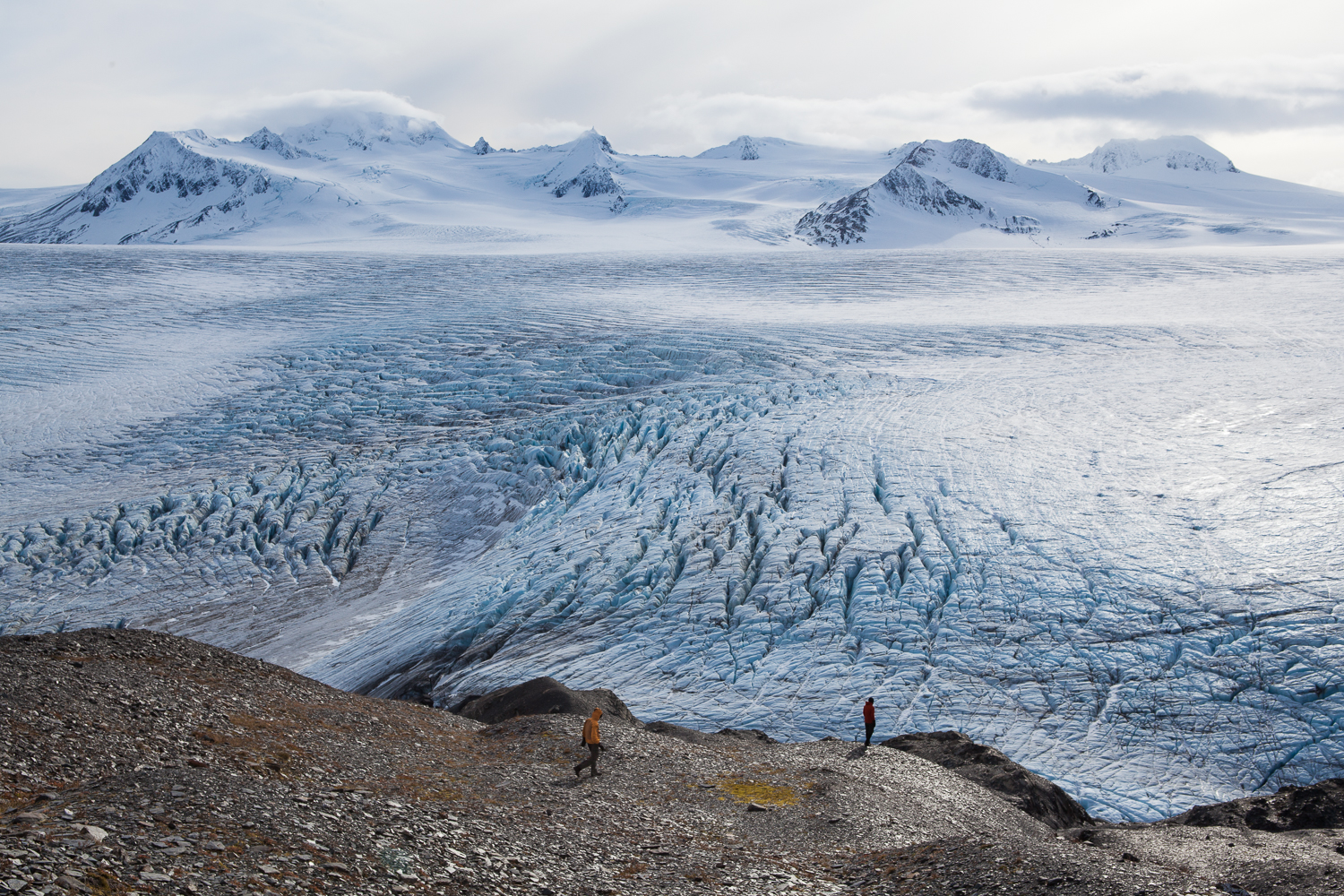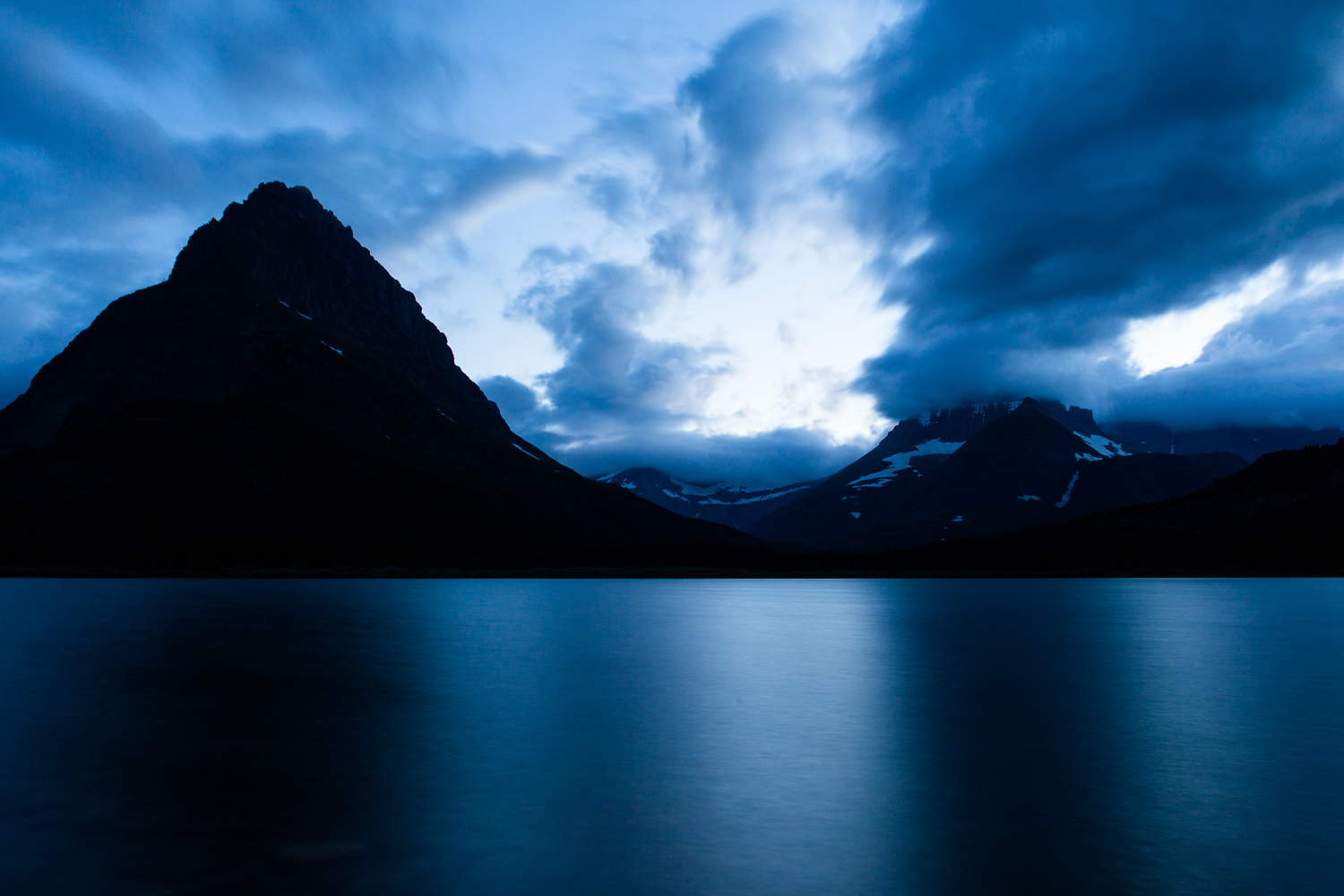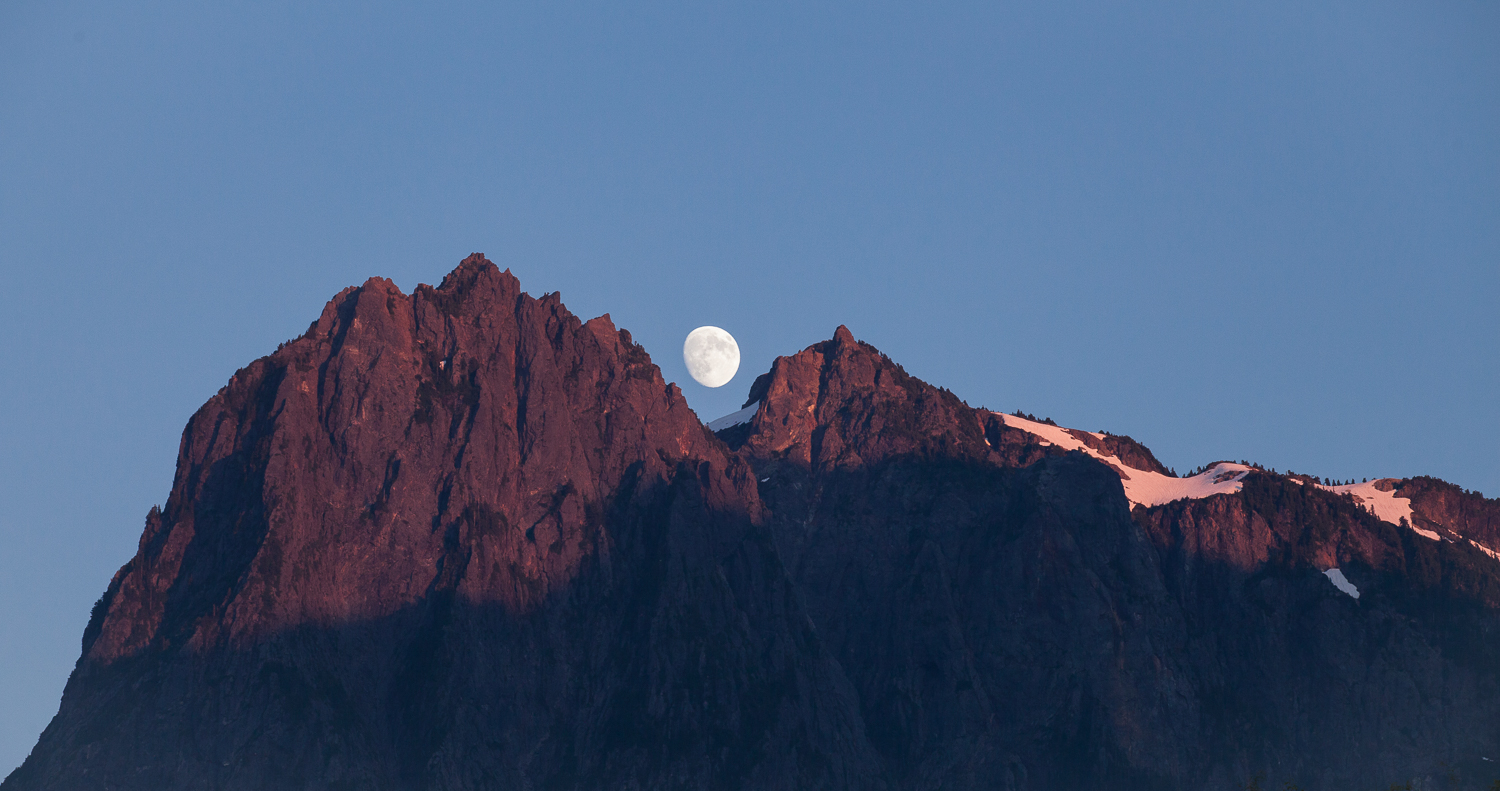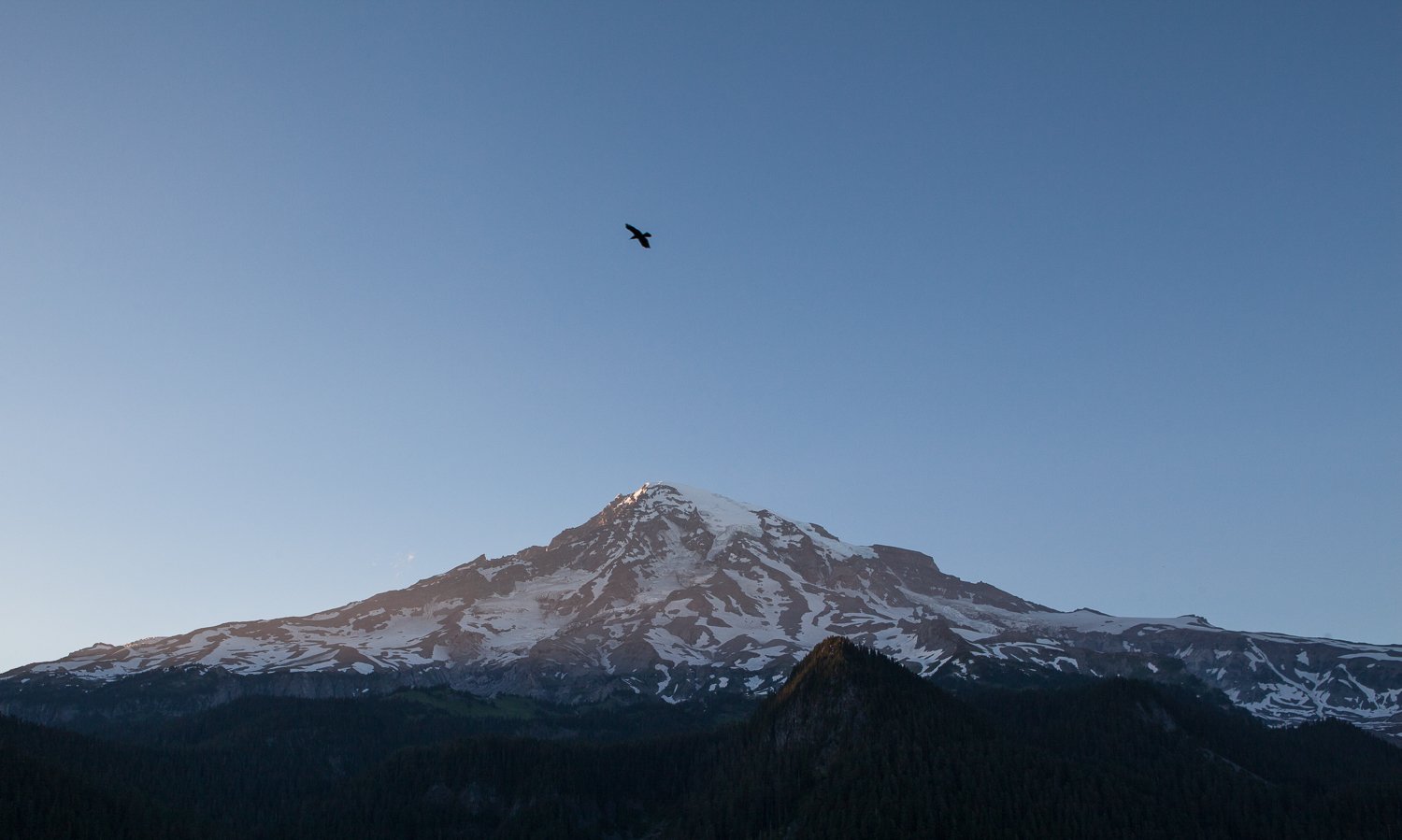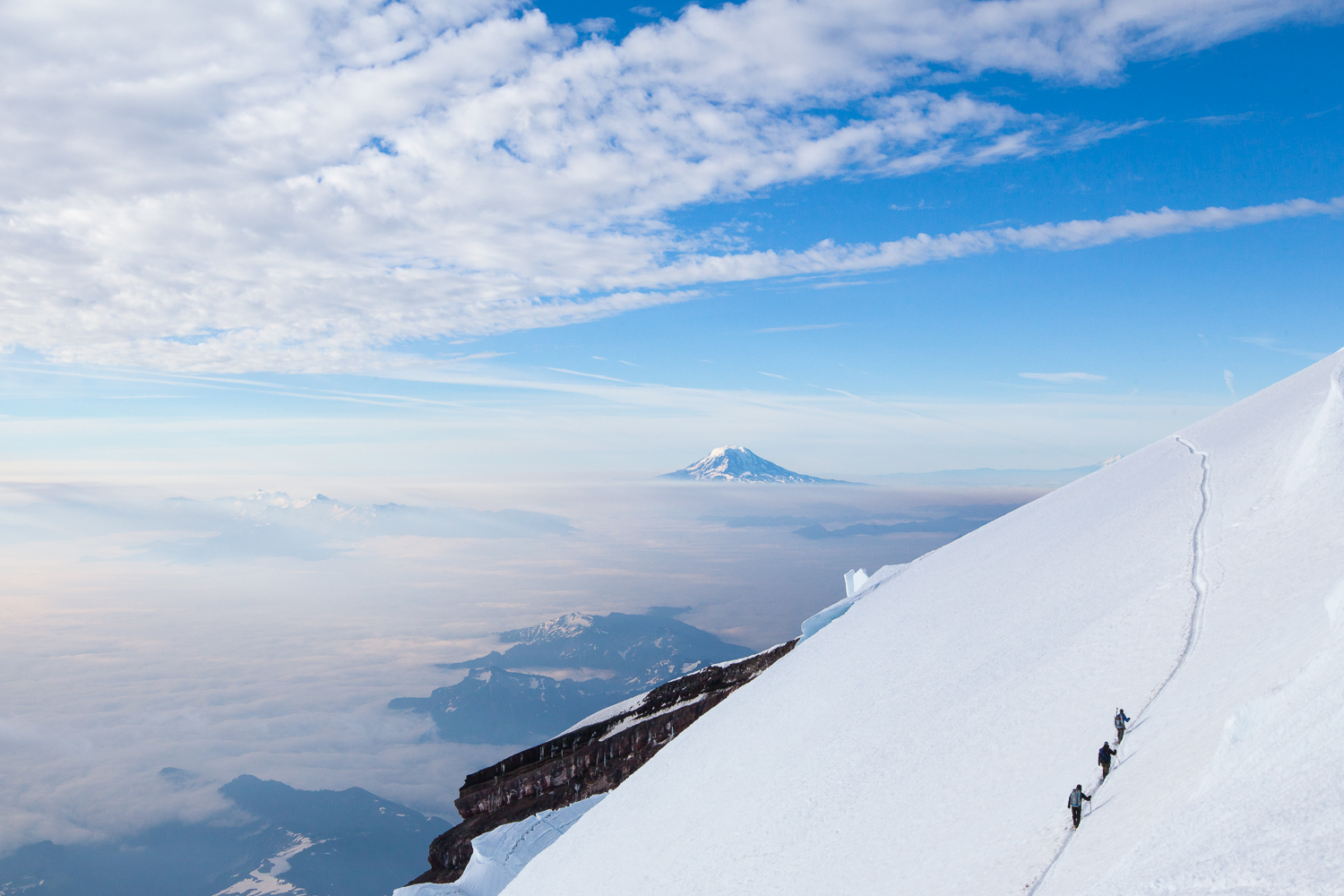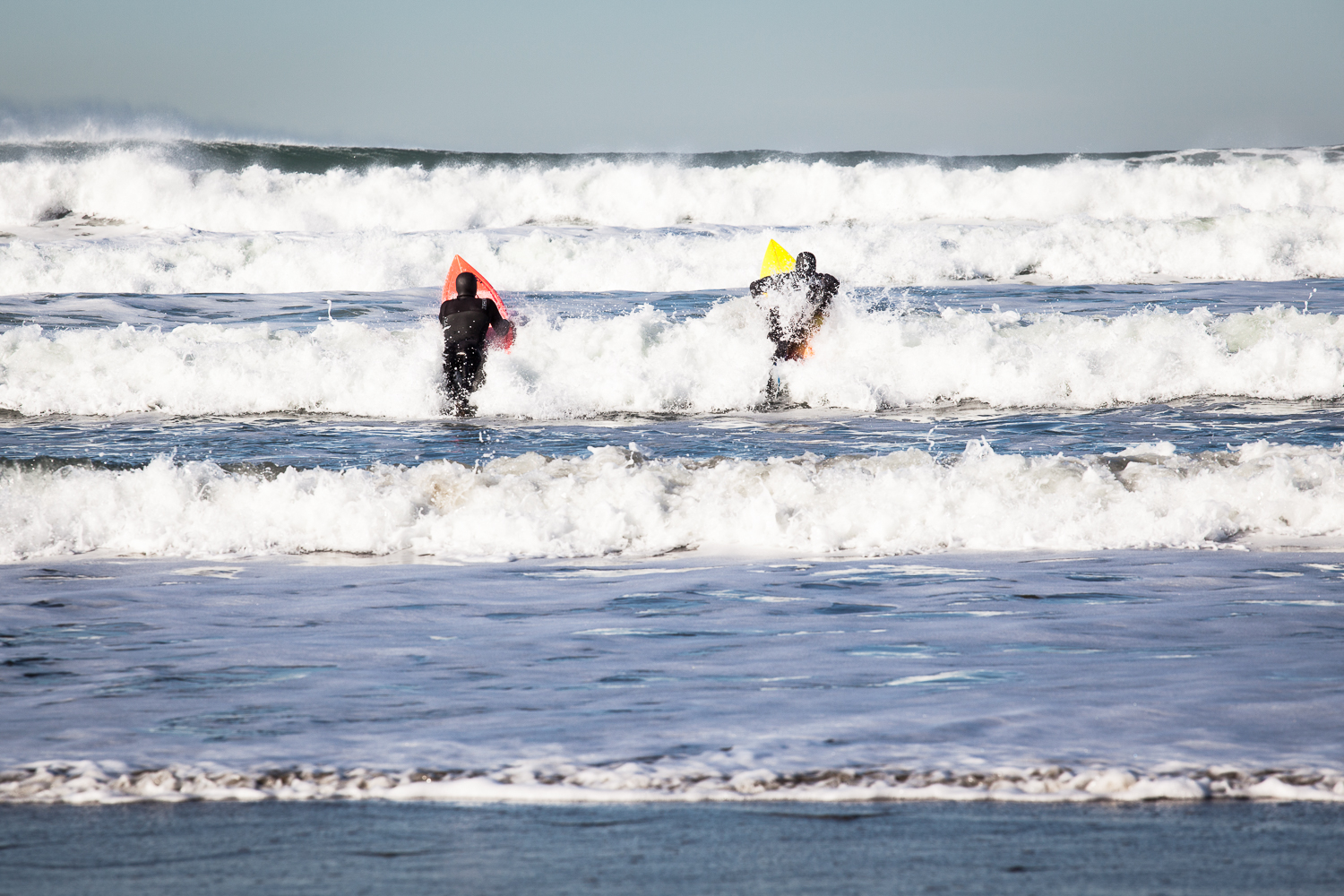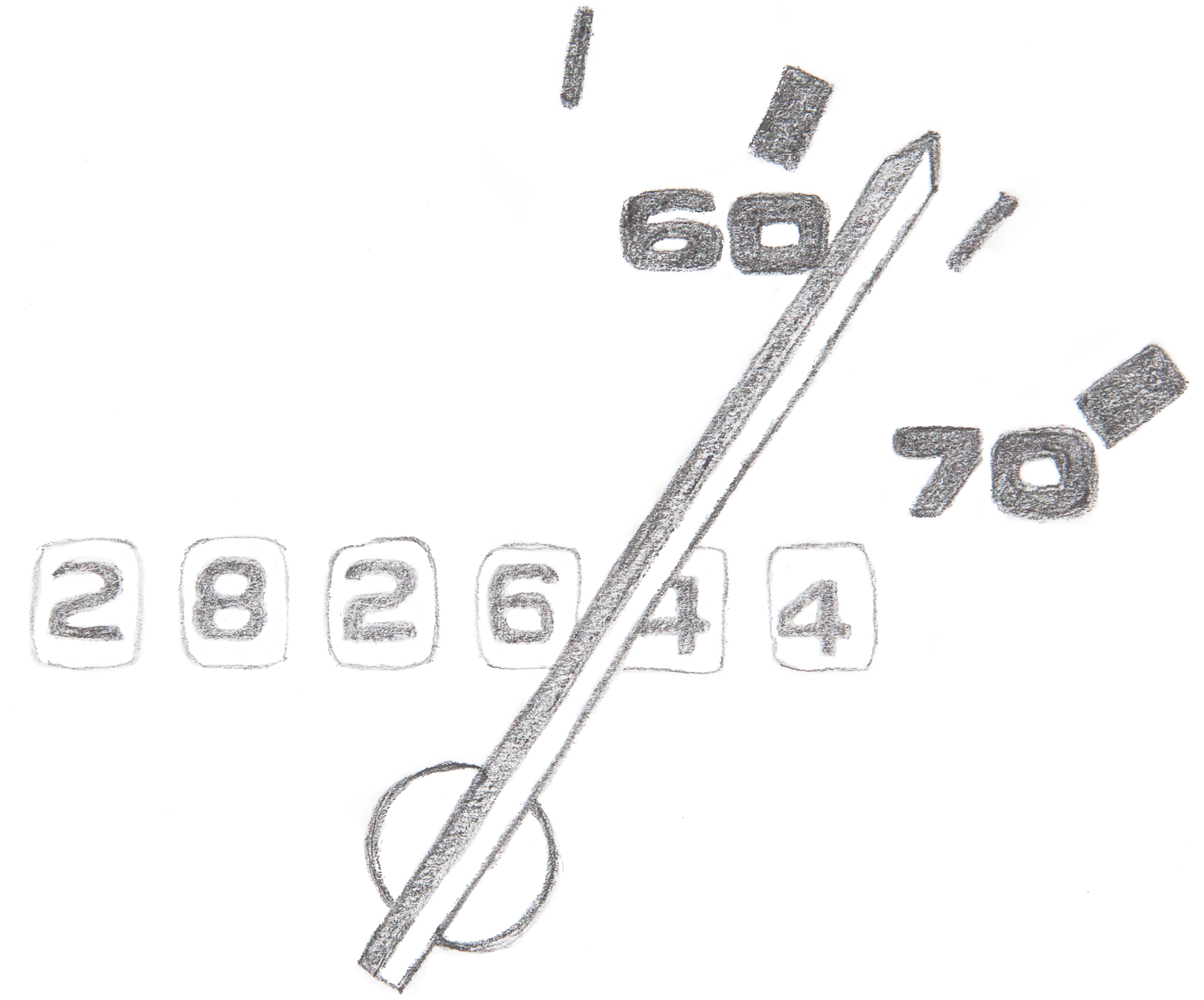The Art of the Story

There are no truths, only stories. - Simon Ortiz
Alpenglow paints the peaks above, your friends gather ‘round a fire below. The pines creak in the cooling winds, and a guitar chord joins the breeze. The notes draw you inward and outward, you’re somehow here and somehow everywhere. You want to remember this.
You are a storyteller… everyone is a storyteller, which means there is a single rule in storytelling: a good story begins and ends by being ruthlessly true to your personal vision.
Before you toss your rucksack in the trunk, have a creative form in mind. Is it words, images, both? A short-film or a painting? I love combining images and words because images elicit words, and words elicit images.
As the trip storyteller, you’re accepting the hardest job, so you must be in the best physical shape (to gather content without delaying everyone) and the best mental shape (to journal while everyone else sleeps).
Get your body and mind right prior to hitting the trail; make a list of shots to capture and questions to explore. You’ll be maxed out physically, so make the creative work easier by having a plan.
In that plan, map out the perfect tools for gathering the story and carry the absolute minimum. I often compromise on packing multiple lenses, as I’d rather get all the shots with one lens than miss many because I’m over-burdened.
Always have your tools at the ready – if they’re in your pack, you’ve already missed the whoa moment.
And the whoa moments are all that matter. The whoa is your curiosity jumping, your emotions churning; whoa is you, and you is what we want. Always investigate these instinctual moments… wait for the whoa and act.
Once you’re back at home staring at your whoa moments, develop an editing process and stick to it. Be brutal while editing. Brutal. I start by singling out the images and words that draw an emotional reaction within me (feelings of inspiration, beauty, happiness, anger, confusion, etc.).
At first glance, if my work doesn’t draw a deep emotional reaction with me, it will have no chance with others. I visualize a conversation with a single person about my work, why would you care?
I read (and believe) you must subtract 1% from the quality of your work for each person you think about while creating. Your work is you, not what you may think your mom, boss, or boyfriend wants from you. If your work becomes everyone’s, it’s lost your voice, and it’s no longer good.
A good story may require waiting; don’t be afraid to wait. Often, only separation gives me the perspective to start. Stories are hard to force, but the more you practice, the less force you’ll need to get them out.
Getting them out… pressing publish… the last (and hardest) part! You’re sharing the deepest corners of your brain, your strongest feelings. You are completely vulnerable and completely authentic. But the world craves authenticity, the world craves your story… go ahead, press publish.
[This post was written in partnership with REI, and all words here are my own.]
